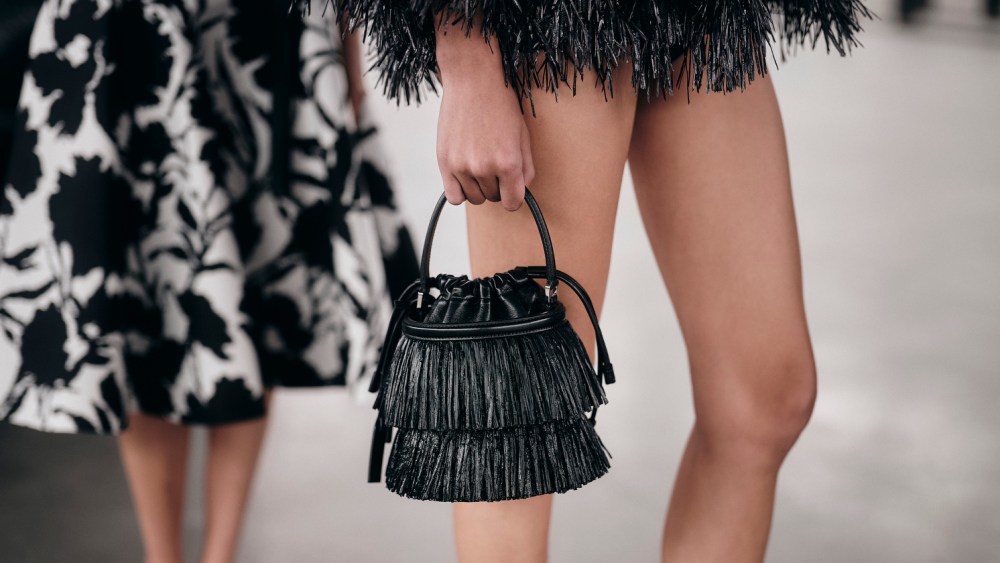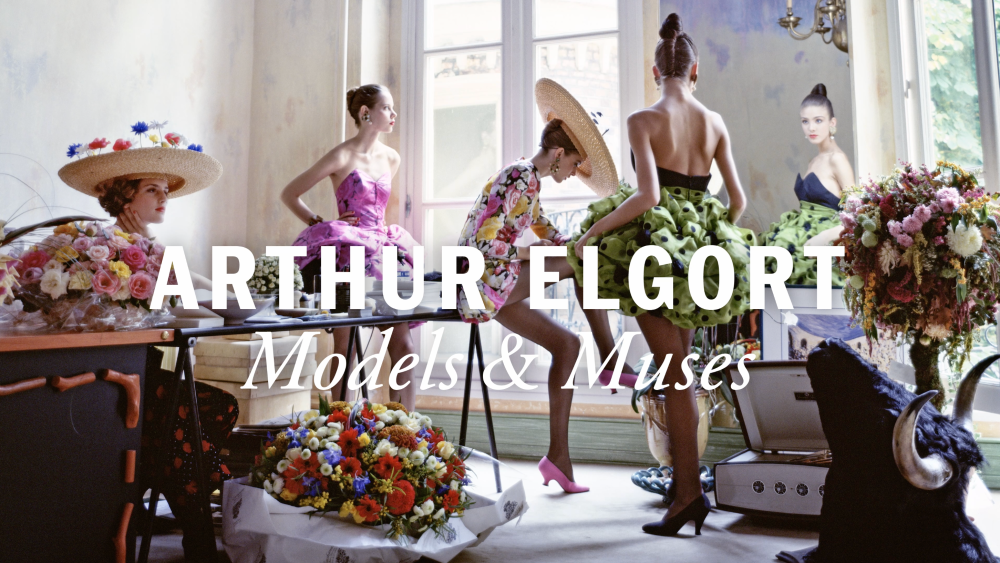The future of Tapestry’s Inc. $8.5 billion deal to buy Capri Holdings now rests in the hands of federal Judge Jennifer Rochon — and after closing arguments on Monday afternoon, investors are feeling more bullish.
Shares of Capri closed up 7.5 percent to $42.43 having gained momentum as the hearing progressed and Rochon narrowed in on just how the government was defining “accessible luxury” in its case. (Shares of Tapestry slipped 2 percent to $46.98, perhaps reflecting the caution investors often feel toward companies before they make an acquisition, or if one seems more likely.)
Tapestry agreed last year to buy Capri for $57, so markets are still pricing in considerable risk to the deal, but the mini-rally pushed shares of the company to levels not seen since before the Federal Trade Commission sued to stop the buyout in April.
You May Also Like
If it goes through, the deal would add Capri’s Michael Kors brand to Tapestry portfolio, which includes handbag specialists Coach and Kate Spade. The hearing was technically held to decide whether or not the court will pause the deal with a preliminary injunction, but that delay would in all likelihood kill the acquisition, making the proceedings make or break.
Monday’s argument’s followed seven days in court earlier this month, when the FTC argued that the deal would create a powerhouse with a 58 percent share of the accessible luxury handbag market. That would be enough clout, the government’s economic expert said, to be able to raise prices by 17 percent, costing consumers $365 million annually.
Tapestry and Capri made the case that the handbag market is simply too competitive for that to happen.
Abby Dennis presented the FTC’s closing arguments and pointed again to how the 4 million documents produced in the case showed how the companies used the term accessible luxury as they evaluated competitors and monitored pricing in the market.
Both Tapestry chief executive officer Joanne Crevoiserat and Capri CEO John Idol took the stand during the hearing and called accessible luxury a kind of “brand positioning,” Dennis said.

When the case was first brought, Tapestry pushed for the government’s definition of “accessible luxury,” but was told it would come as the case unfolded.
The hearing produced a lot of testimony about just how the government reached its reading of the market — including NPD data, internal Tapestry surveys on other brands customers considered before their last handbag purchase and a mountain of economic analysis.
But no easy definition of accessible luxury came to the fore and the judge herself seemed to be looking for one.
“What are the parameters?” Rochon asked. “There have to be some lines of demarcation.”
Dennis said the industry recognized the term accessible luxury, which was characterized in part by craftsmanship, durability, quality materials and production at scale.
“The lines of the market don’t have to be drawn with the precision of a NASA scientist,” Dennis said, pointing to so-called “Brown Shoe” factors that serve as legal precedent when acquisitions are evaluated by the courts.
“We didn’t come up with this term accessible luxury out of thin air,” Dennis said, pointing to an email Crevoiserat sent to a colleague that said “our supply chain created the accessible luxury market.”
The key question now is whether the FTC needed to come up with something more to convince Rochon.
Lawrence Buterman, the Latham & Watkins attorney who delivered the closing remarks for Tapestry, said the government’s analysis included a “series of fatal flaws” and that, “the FTC has failed to define the market they are claiming as relevant.”
Rochon’s decision will not just determine whether the deal goes through, but could shape future transactions as would-be buyers look to cut deals that will pass the new, evolving legal standard.

